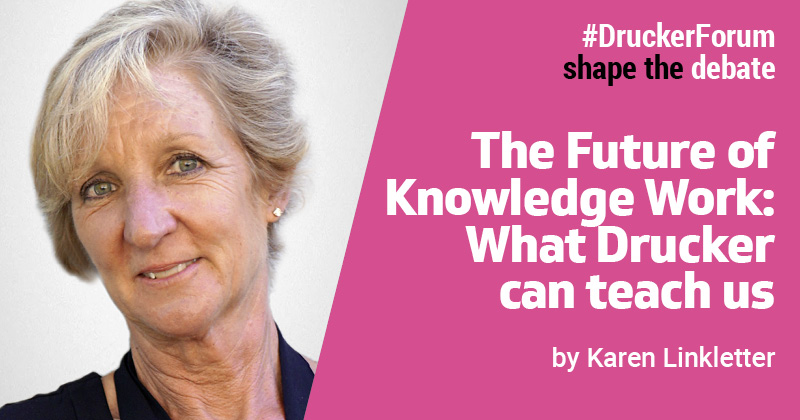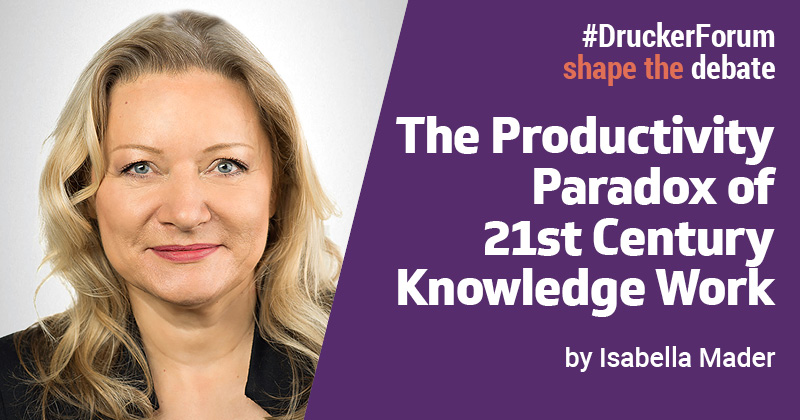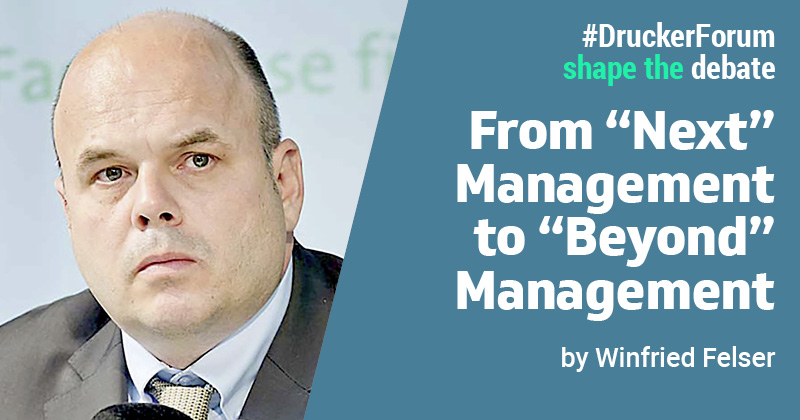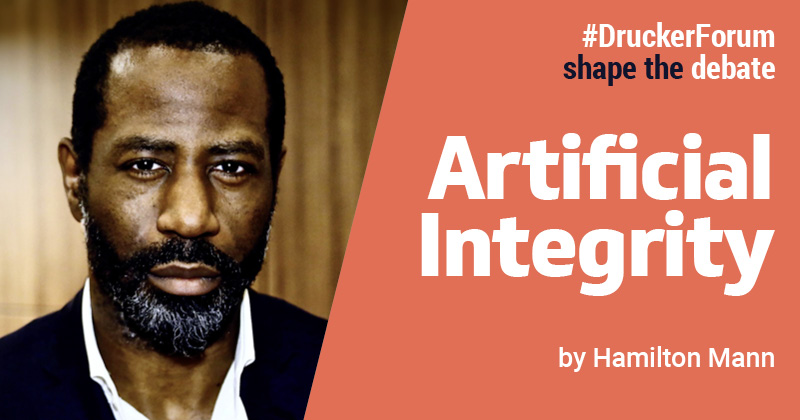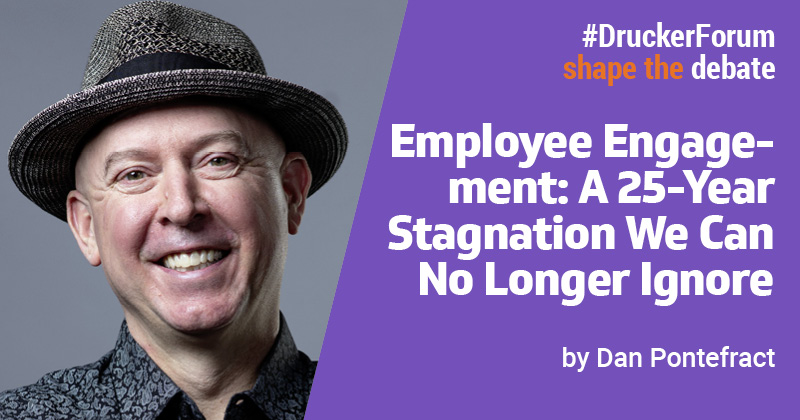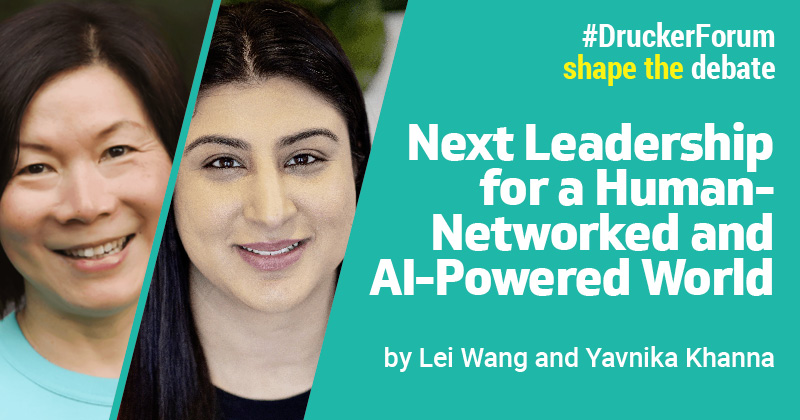As every year, the international management community will meet in Vienna at the Drucker Forum in November to debate the urgent issues of our time. This time, however, the event feels more like a bracket round Drucker Forum topics of recent years – “ecosystems”, “leadership” and “the human dimension”, for example.
All of them can be grouped under the common label of the “Next Management”. A management “next” has long been a necessity, if not a “beyond” that may be more appropriate for multi-disruption – more on that later. In any case, whether continuing linearly or disruptively shaken, management as we know it is creaking under pressure from drivers including technology (AI), new business logics (platform economy, ecosystems) or from a VUCA world that is becoming brittle, anxious, non-linear, and incomprehensible – BANI. This is the “why?” of change.[…]
Continue reading



